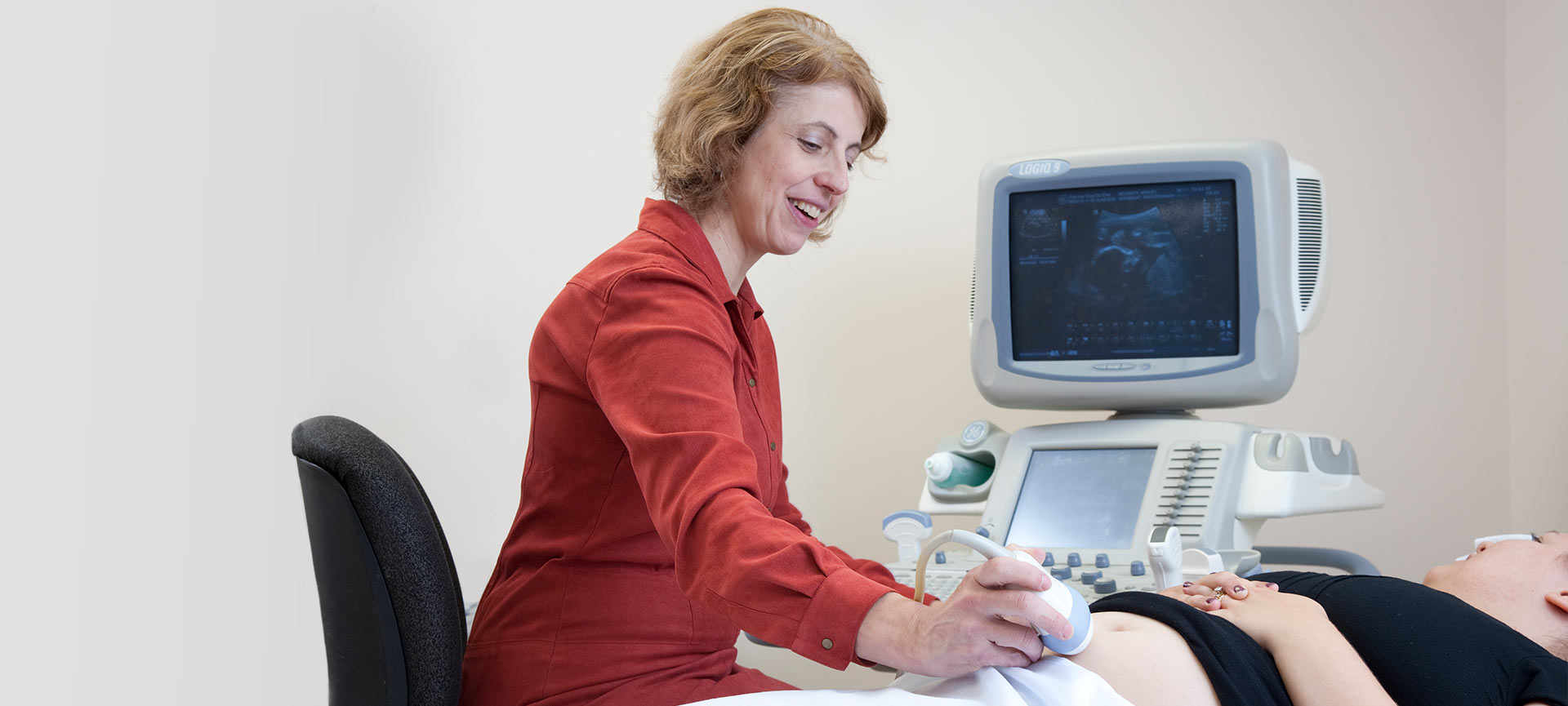Prenatal Cell-Free DNA Screening (NIPS)
Prenatal Cell-Free DNA Screening (NIPS)
Prenatal cell-free DNA screening (also called non-invasive prenatal screening) is a noninvasive pregnancy evaluation, which can be performed after 10 weeks from the first day of the last period. The screening involves a blood test which evaluates cell-free DNA in the maternal circulation that is derived from the pregnancy. This screening can identify about 99 percent of babies with Down syndrome, as well as most pregnancies with trisomy 18, and trisomy 13. This screening test can also optionally include screening for sex chromosome conditions as well as a few select microdeletion syndromes due to smaller changes in the chromosomes. Genetic counseling and ordering of the studies can be coordinated through the Prenatal Diagnostic Center.
Studies have shown that approximately 99 percent of babies with Down syndrome, and up to 98 percent of trisomy 18 and trisomy 13 will have a positive test result. However, a small percentage of Down syndrome and trisomy 18 and 13 cases will not be detected. In addition, babies with other chromosome disorders or birth defects may not be detected by this screening. Therefore, an ultrasound in the first trimester may be ordered in conjunction with the blood test for evaluation of early fetal anatomy. A positive test result indicates an increased risk for Down syndrome, trisomy 18 or trisomy 13; however, a positive result is not diagnostic. It indicates that an increased risk for a problem exists and that additional testing should be considered. Similarly, a negative result does not rule out these abnormalities, but instead decreases the specific risks for Down syndrome, trisomy 18 or trisomy 13 in the pregnancy. For women who prefer a definitive answer regarding a chromosomal condition in the pregnancy, amniocentesis or chorionic villus sampling (CVS) should be considered.
If a positive test result is obtained, the genetic counselor will explain the results and review options for further testing, which may include CVS or amniocentesis and high-resolution ultrasound. If the results of the screening are within the normal range, maternal serum AFP screening for neural tube defects is recommended at 16 weeks as well as a detailed ultrasound to screen for neural tube defects and other birth defects at 18-20 weeks of pregnancy. Women may still opt to have a diagnostic procedure in order to have a definitive diagnosis. The decision to proceed to amniocentesis or CVS is based on many factors, including the risk of fetal chromosomal abnormality, the risk of the procedure, and the consequences of having an affected child if diagnostic testing is not done.
